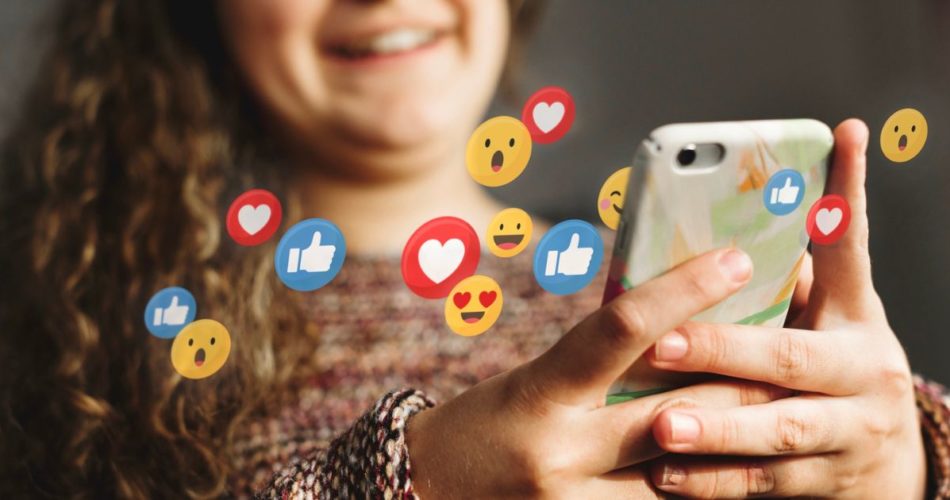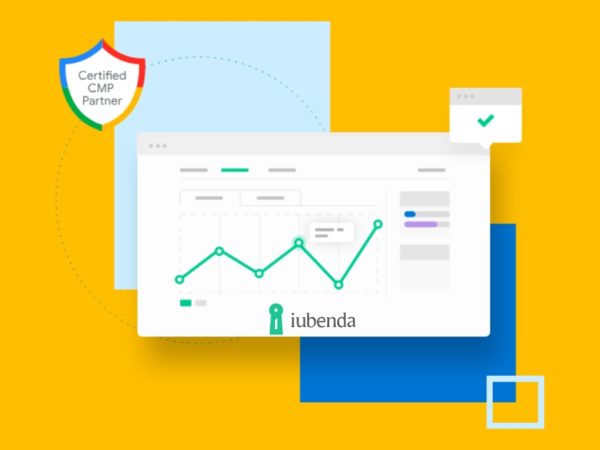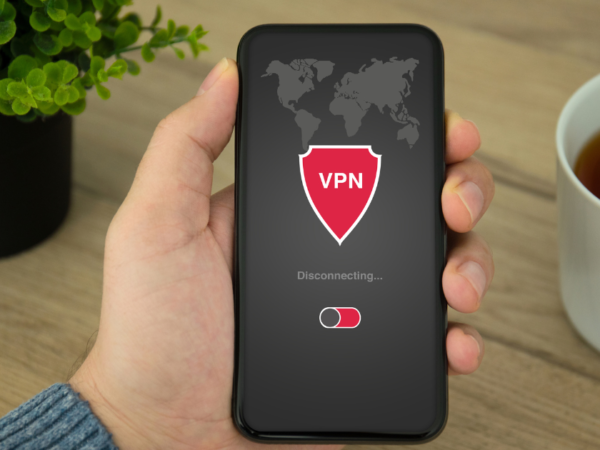Let me help you decide when to let your kid use social media.
You don’t want me to tell you kids can be stupid.
If social media can push them into swallowing Tide pod detergents, setting themselves ablaze, or pouring boiling water on their unsuspecting peers, it’s obvious you need to monitor their digital lives a bit too closely.
Before talking about when your kid should begin with social media, let’s try to understand the psychology behind it.
It’s simple! To connect with friends, share their own lives, get feedback, etc, etc. And the digital marketers have their own “professional” reasons to use these platforms.
But keeping aside the for-work usage, what’s the hidden motivation to use social media?
As per a Harvard study, receiving likes on such platforms can fire off dopamine in our brains. This is the same chemical that is also released when we eat tasty food, complete exercise, and have successful social interactions.
It helps us to feel accomplished and motivates us to repeat that specific activity (posting on social media, in this case), explaining its addictive nature.
Let’s analyze the opposite. What if you get no likes whenever you post, whereas your peers get flooded with them?
As an adult, “what is wrong with me” can hit me really soon after a few such occurrences. I would try a few more times before settling with the reality that it’s okay. They are better than me. Peace! ☮️
But as a kid, you must feel the urge to compete. This explains what could have gone wrong with those teenagers trying to complete those silly, life-threatening challenges.
Besides, social media is mostly about perfection. Rarely will you see someone posing on the bathroom floor after they slipped, breaking their nose.
So it’s about showcasing achievements. This can include lucrative job switches, great vacations, and even posting pictures of their newborn babies.
To summarize this section, we have two major behind-the-scenes reasons for normal people to repetitively log into those social platforms:
- Getting likes feels good, and we keep posting for more.
- Celebrating our winnings for social acceptance.
So, except for connecting with our peers and getting informed, social activity is primarily fueled by the digital pats people get on their backs for their participation.
But at what cost?
It’s strange for a technology that seems to bring people together actually creating depression, anxiety, and loneliness.
Research finds social media can make you feel empty and insecure. It can be attributed to viewing others leading “perfect” lives. Even when you know this isn’t the entire story, repeated impressions of such events give a constant craving to do something extraordinary to prove to everyone your worth and that you’re no less and even better than others.
In addition, research suggests social media negatively influences mental health in young adults. It can also disturb their sleeping patterns and expose them to bullying and rumors.
Don’t get me wrong, as I might be sounding all too negative about it. But if we think social media can totally replace conventional, in-person networking…we need to think again!
The Legal Age for the Digital Realm
I hope it was that simple. But it actually boils down to your local laws, the specific social media platform, and the content.
For instance, in the US, the Children’s Online Privacy Protection Act (COPPA) lays down the minimum age limit to 13 years. On the contrary, Europe’s General Data Protection Regulation (GDPR) has this number pegged at 16, with the option of lowering this limit open to its member states. Similarly, there are different laws around the world.
However, you need to be 18 to participate in certain subreddits on Reddit, which signals the importance of the content type under consideration. And that we can’t blindly put a hard limit on any platform.
That said, there is “no foolproof way to stop people from misrepresenting their age“, says Meta (Facebook’s parent company).
One can easily sign up for a Google account (to get an email) by incorrectly entering their age, which gives them YouTube access. And a kid can also use that email address to register on multiple other social media platforms. And it’s not just Google; there are tens, if not tons, of other service providers where anyone can get an email without correctly verifying their age.
In other words, kids can make these age limit restrictions a joke by simply lying, and there is little these companies can do about it.
If they really want to put an end to this, the first step should be linking every social media account to a phone number or, better, a national ID, with no scope of using the verifying document twice.
But since that’s not the case at present, it’s ultimately a parent’s responsibility more than anyone else to decide for their child.
The Right Age?
“Wait as long as you can“, says Dr. Mitch Prinstein, a clinical psychologist serving the American Psychological Association about exposing your kids to social media for the first time.
“The science suggests there’s more risk to adolescent brains than there is benefit to their social lives,” he adds.
Additionally, parents should not give in to the urge that their child will miss out. Plus, there is no evidence a child will suffer for not being on social platforms, as per the same CNBC report.
When one should begin depends on the state of emotional maturity, which can be unrelated to chronological age. I suggest beginning gradually, starting with a 15-20 minutes per day limit. And you should observe the after-effects and adjust accordingly.
Personally, my 3-year-old kid became way too cranky when I started him with a 30-minute daily TV (kids cartoons). I stopped and tried again twice with a few months interval in between. Still, the end result was the same: he was more unhappy, annoyed, and dissatisfied most of the time.
Finally, I restricted him to 30 minutes of weekly screen time, and things got better.
If this is the outcome of a funny, standard TV session, which is far better than endless scrolling social media, screens don’t generally do any good to people, has become my personal opinion.
Social media might not be 100% evil. And it’s not possible to avoid them completely.
You can begin by checking out these parental control apps, which help you ensure the online safety of your child.
Also, ask your ward to get out more often and meet people the good old way. This will give them a sneak peek into reality and its difference from a “polished” social media presence.
Finally, as a parent, I would talk to my kid about it. Like, tell him that social media is a place where people display good things about themselves while mostly hiding their flaws and failures. It’s similar to a so-called real-life events-based movie, where the spotlight is on the idealized truth without mentioning the ugly, real-life pitfalls.



